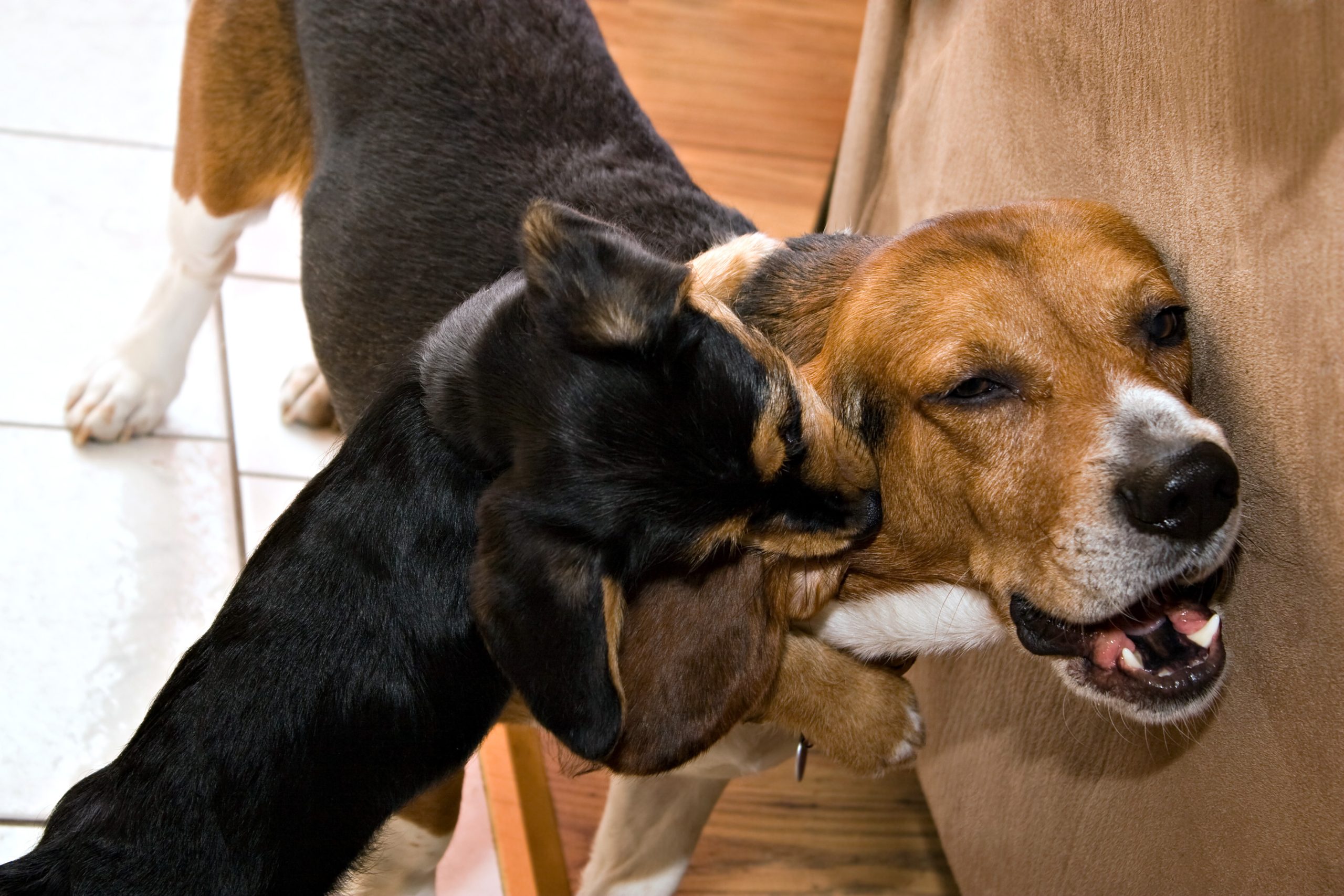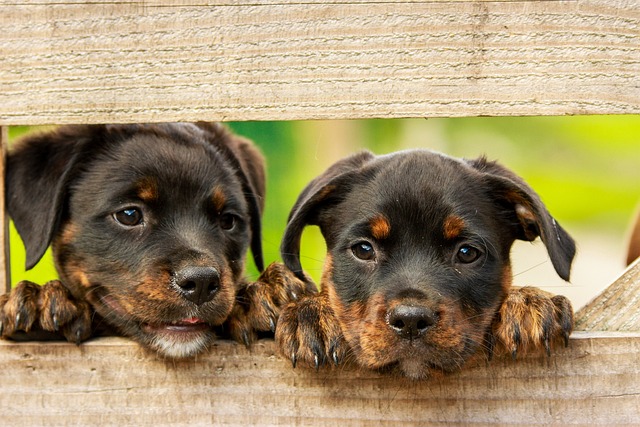
Not Establishing a Routine
Establishing a consistent potty schedule is essential for successful training.
Inconsistency in Timing and Locations
– Avoid changing the designated potty area frequently.
– Stick to a set feeding schedule to predict when your puppy needs to go.
Ignoring Signs and Cues
Puppies often exhibit cues indicating they need to go potty.
Failure to Recognize Signs
– Pawing at the door, circling, sniffing, or whining are common signs.
– Immediately take your puppy outside when these behaviors are observed.
Not Using Positive Reinforcement
Positive reinforcement is key to effective potty training.
Using Punishment
– Avoid scolding or punishing your puppy for accidents.
– Reward good behavior with treats, praise, or playtime.
Lack of Supervision
Supervision is crucial during the potty training phase.
Leaving Puppy Unattended
– Always keep a close eye on your puppy, especially after meals or playtime.
– Use a crate when you can’t supervise.
Inconsistent Cleanup
Properly cleaning accidents helps prevent future mishaps.
Improper Cleaning Techniques
– Use an enzymatic cleaner to eliminate odors that may attract repeat accidents.
– Thoroughly clean the area to remove all traces of waste.
Conclusion
Potty training a puppy requires patience, consistency, and a positive approach. By avoiding common mistakes such as inconsistency, ignoring cues, using punishment, lack of supervision, and improper cleanup, you can foster a successful potty training experience that strengthens the bond between you and your puppy.
[qmp_faq]
Related Reading
- Training Your Dog Tips To Improve Your Pooch’s Behavior
- Having Trouble Training Your Dog? Try These Tips
- Training A New Puppy, The Good And The Bad.
- Canine Training With Some Sound Easy Tips
- Is Your Dog Running Your Home? Get Help Here With These Simple Tips!
[qmp_faq]
